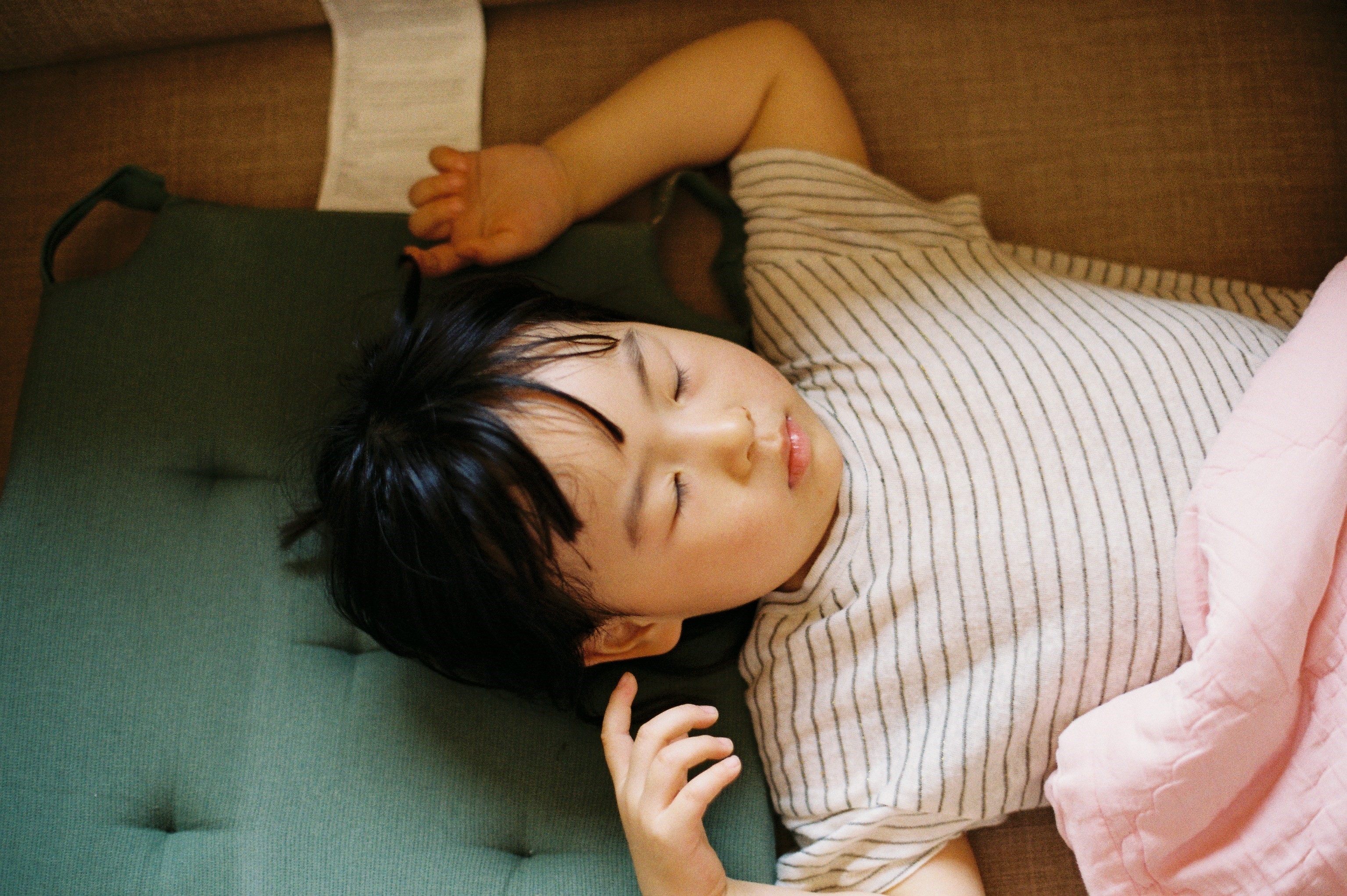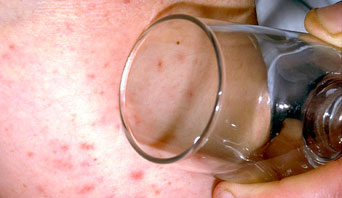Sepsis - spotting the signs
Sepsis is a rare but serious reaction to an infection. If you get an infection, your body's immune system responds by trying to fight it. Sepsis is when this immune system response becomes overactive and starts to cause damage to the body itself. It can be hard to tell if you have sepsis. Your child might have a fever or high temperature or just feel very unwell. Sepsis needs to be treated urgently because it can quickly get worse and lead to septic shock (low blood pressure and/or fast heart rate).

Who is more at risk of sepsis?
Children who have:
· not been immunised
· recently had surgery, trauma or minor procedures
· weak immune systems due to illness or drugs (like chemotherapy)
· recently had a serious illness (including chicken pox)
· chronic diseases (children with cerebral palsy, or cystic fibrosis).
Babies:
· born prematurely
· younger than 1 year
· whose mother had an infection while pregnant.
How do I know if my child has sepsis?
If you think your child might have an infection and is more unwell than you expect or is getting worse despite treatment, it could be sepsis. Sepsis can look like other conditions, for example flu or a chest infection. Sepsis can be especially hard to spot in babies and young children and children and young people with a learning disability.
The diagnosis of sepsis is based on simple measurements (vital signs) such as temperature, heart rate and blood pressure.
How to take a temperature
You should use a digital thermometer, which you can buy in supermarkets and pharmacies.
This should be under the armpit for children 5 years and younger, and in the mouth for children over 5 years of age.
You could also use an in the ear thermometer for children over six months of age.
When should you worry?
If your child has any of the following:
- Is under 3 months old with a temperature of more than 38°C or under 36°C (unless fever in the 48 hours following vaccinations and no other red features)
- Breathing very fast, too breathless to talk, eat or drink
- Working hard to breathe, drawing in of the muscles below the ribs, or noisy breathing (grunting)
- Breathing that stops or pauses
- Is pale, blue, mottled or feels unusually cold to touch
- Difficult to wake up, very sleepy or confused
- Weak, high-pitched cry or can’t be settled
- Has a fit (seizure)
- Has a rash that does not go away with pressure (the ‘glass test.’)
You need urgent help.
Go to the nearest Hospital Emergency (A&E) Department or phone 999
If your child has any of the following:
- Is 3-6 months old with a temperature of 39°C or above (unless fever in the 48 hours following vaccinations and no other red or amber features)
- Temperature of 38°C or above for more than 5 days or shivering with fever (rigors)
- Temperature less than 36°C in those over 3 months
- Breathing a bit faster than normal or working a bit harder to breathe
- Dry skin, lips or tongue
- Not had a wee or wet nappy in last 8 hours
- Poor feeding in babies (less than half of their usual amount)
- Irritable (unable to settle them with toys, TV, food or hugs even after their fever has come down)
- Swelling of a limb or joint
-
Not using or putting weight on an arm, leg, hand or foot
-
Complaining of pain that is not improving with painkillers
- Has had chickenpox in the past few days and is now getting worse with a high fever or spreading red rash
- Getting worse and I am still worried
You need to contact a doctor or nurse today.
Please ring your GP surgery or call NHS 111 - dial 111
If none of the above signs or symptoms are present
- Watch them closely for any change and look out for any red or amber symptoms
-
If your child has any other symptoms associated with their fever, you may want to look at the information on sore throat, cough, earache, diarrhoea and vomiting. or tummy ache.
- Additional advice is also available to young families for coping with crying of well babies.
- If your child has a long term condition or disability and you are worried, please contact your regular team or follow any plans that they have given you.
Self care
Continue providing your child’s care at home. If you are still concerned about your child, call NHS 111 – dial 111
What should you do if your child has a fever but no signs of sepsis?
- To make your child more comfortable, you may want to lower their temperature using paracetamol (calpol) and/or ibuprofen. However, remember that fever is a normal response that may help the body to fight infection and paracetamol/ibuprofen will not get rid of it entirely.
- Avoid tepid sponging your child – it doesn’t actually reduce your child’s temperature and may cause your child to shiver.
- Encourage them to drink plenty of fluids.
- If a rash appears, do the glass test.

Where should you seek help?
- If it is non-urgent, speak to your local pharmacist or health visitor.
- If your child has any of the above signs or symptoms, urgently see your GP. For an urgent out-of-hours GP appointment, call NHS 111
- You should only call 999 or go your nearest A&E department in critical or life threatening situations.
For wear and tear, minor trips and everything in between.
Self-care
You can treat your child's very minor illnesses and injuries at home.
Some illnesses can be treated in your own home with support and advice from the services listed when required, using the recommended medicines and getting plenty of rest.
Sound advice
Children can recover from illness quickly but also can become more poorly quickly; it is important to seek further advice if a child's condition gets worse.
For information on common childhood illnesses go to What is wrong with my child?
Pharmacists are experts in many aspects of healthcare and can offer advice on a wide range of long-term conditions and common illnesses such as coughs, colds and stomach upsets. You don’t need an appointment and many have private consultation areas, so they are a good first port of call. Your pharmacist will say if you need further medical attention.
Sound advice
- Visit a pharmacy if your child is ill, but does not need to see a GP.
- Remember that if your child's condition gets worse, you should seek further medical advice immediately.
- Help your child to understand - watch this video with them about going to the pharmacy.
For information on common childhood illnesses go to What is wrong with my child?
Health visitors are nurses or midwives who are passionate about promoting healthy lifestyles and preventing illness through the delivery of the Healthy Child Programme. They work with you through your pregnancy up until your child is ready to start school.
Health Visitors can also make referrals for you to other health professionals for example hearing or vision concerns or to the Community Paediatricians.
Contact them by phoning your Health visitor team or local Children’s Centre.
Sound advice
Health visitors also provide advice, support and guidance in caring for your child, including:
- Breastfeeding, weaning and healthy eating
- Exercise, hygiene and safety
- Your child’s growth and development
- Emotional health and wellbeing, including postnatal depression
- Safety in the home
- Stopping smoking
- Contraception and sexual health
- Sleep and behaviour management (including temper tantrums!)
- Toilet training
- Minor illnesses
- For more information, watch the What does a health visitor do? video .
School nurses care for children and young people, aged 5-19, and their families, to ensure their health needs are supported within their school and community. They work closely with education staff and other agencies to support parents, carers and children and young people, with physical and/or emotional health needs.
Primary and secondary schools have an allocated school nurse – telephone your child’s school to ask for the contact details of your named school nurse.
There is also a specialist nurse who works with families who choose to educate their children at home.
Sound advice
Before your child starts school your health visitor will meet with the school nursing team to transfer their care to the school nursing service. The school nursing team consists of a school nursing lead, specialist public health practitioners and school health staff nurses.
They all have a role in preventing disease and promoting health and wellbeing, by:
- encouraging healthier lifestyles
- offering immunisations
- giving information, advice and support to children, young people and their families
- supporting children with complex health needs.
Each member of the team has links with many other professionals who also work with children including community paediatricians, child and adolescent mental health teams, health visitors and speech and language therapists. The school health nursing service also forms part of the multi-agency services for children, young people and families where there are child protection or safeguarding issues.
GPs assess, treat and manage a whole range of health problems. They also provide health education, give vaccinations and carry out simple surgical procedures. Your GP will arrange a referral to a hospital specialist should you need it.
Sound advice
You have a choice of service:
- Doctors/GPs can treat many illnesses that do not warrant a visit to A&E.
- Help your child to understand – watch this video with them about visiting the GP or going to a walk in centre
For information on common childhood illnesses go to Concerned my child is unwell?
If you’re not sure which NHS service you need, call 111. An adviser will ask you questions to assess your symptoms and then give you the advice you need, or direct you straightaway to the best service for you in your area.
Sound advice
Use NHS 111 if you are unsure what to do next, have any questions about a condition or treatment or require information about local health services.
For information on common childhood illnesses go to What is wrong with my child?
A&E departments provide vital care for life-threatening emergencies, such as
- loss of consciousness
- suspected heart attacks
- breathing difficulties
- severe bleeding that cannot be stopped.
If you’re not sure it’s an emergency, call 111 for advice.


